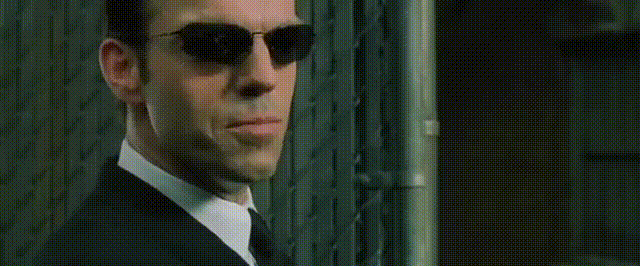- Joined
- Mar 13, 2010
- Messages
- 29,274
- Reaction score
- 35,065
...and had a portrayal of Luke that I really enjoyed... and yes, I did see an element of Conrad in Luke's isolation, not as a means to elevate himself as a god among the elementals but rather as a reaction to BEING elevated as a god/legend-- or perhaps buying into that praise. He fights against that by doing what he saw his masters (Obi, Yoda) do, removing himself from the board. I also really enjoyed the breakdown of the constant failures of the Jedi...
Yes, I think that's the rationale behind his exile. As you wrote, knowing where the Jedi went wrong he "removed himself from the board".
When Yoda did that it was to go into hiding, to save himself for a future opportunity. When Obi-Wan did it, it was to watch over Luke.
Luke is the one who does it without a pro-active purpose, unless it's viewed as proactive to remove himself from the danger of interfering in the lives of others.
Hamill is vocal in repeating that, "a Jedi wouldn't do that." But he concedes that we live in different times.
That supports the view that the treatment of Luke's character is at odds with the feminist ideology elsewhere in the film. Luke no longer wishes to conform to or be a party to old hidebound ideologies that haven't brought an end to the conflict.
In the depiction of Luke are we seeing Rian's resistance to Kathleen?


















